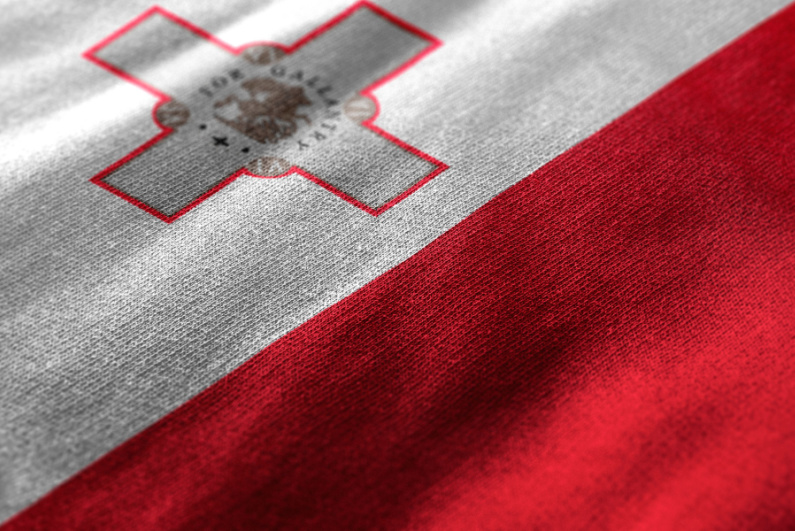A cause of EU friction
In June, Malta President George Vella signed the controversial Bill 55 into Maltese law.
It has caused some strongly worded exchanges between the Malta Gaming Authority (MGA) and a number of EU gambling regulatory bodies since. Just last week, German gaming regulator, Glücksspielbehörde der Länder (GGL), argued that the legislation is not compatible with European law. The European Commission is set to investigate those claims soon.
for EU players the bill carries significant consequences
This all sounds very dry, boring, and legalish, but for EU players the bill carries significant consequences. To get his insight into these, VegasSlotsOnline News spoke with Duncan Garvie, gaming regulation expert and Head of Alternative Dispute Resolution Services for Casino Reviews.
What’s the fight about?
As outlined by Garvie, the conflict is the result of the growing pains of a maturing sector. Around 15 years ago, effectively no EU states had set up mechanisms to regulate online gambling. Small states such as Malta, Gibraltar, and the Isle of Man filled this need by offering international licensing to firms in other countries.
“In the last ten years, this landscape has started to shift,” Garvie explained. “Lots of member states have set up their own regulatory authorities to oversee remote gambling within their country.”
This has led to a conflict between remote gambling regulators, such as the Malta Gaming Authority (MGA), and new national regulators, like the GGL.
“Both are asserting a right to regulate the market,” Garvie said. “Bill 55 is the most recent move in that power struggle.”
What does Bill 55 actually do?
According to Garvie, who also founded self-exclusion service BetBlocker, Bill 55 has a major impact on players in EU countries that finally have their own regulations. He notes a recent trend of lawsuits against gambling operators that hold an MGA license but not a local one, with players claiming these firms accept traffic illegally.
National courts will typically honor national laws, meaning countries like the Netherlands and Germany will side with the player against an MGA licensee. These court rulings would then be enforceable in Malta under EU Member State law. However, Bill 55 looks to change this.
an effort by the MGA to allow their licensees to disregard local licensing laws”
Garvie explained: “The practical implications of Bill 55 are that only rulings from Maltese courts, which are highly likely to adhere to the Maltese regulations and disregard any local licensing laws, are enforceable in Malta. Effectively, this is an effort by the MGA to allow their licensees to disregard local licensing laws and protect them from any legal challenge in any court outside of Malta.”
“In short, your country’s laws no longer apply if you play with an MGA operator. If you want to take an MGA licensee to court, you will have to do so in Malta and under the Maltese licensing laws.”
What will the future hold?
With the European Commission already probing the law, it is uncertain what the future holds for Bill 55. Garvie deemed it “unlikely” that the bill would “sustain scrutiny in the long run.” He also believes that if the EU Commission were to allow it, then it could entice other small states to employ such laws in the hope of becoming more attractive to gambling firms.
Instead, Garvie believes the Commission will ultimately strike off Bill 55 after an extended fight in the courts, but not until “a number of years” have passed. He concluded: “In the meantime, the legal protections that would ordinarily exist for EU citizens have significantly eroded when interacting with MGA licensees.”




